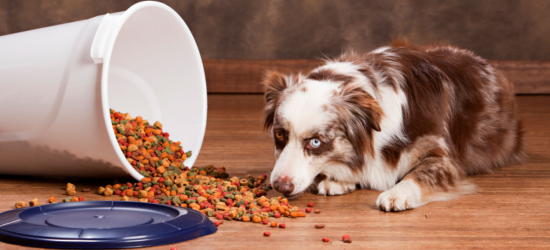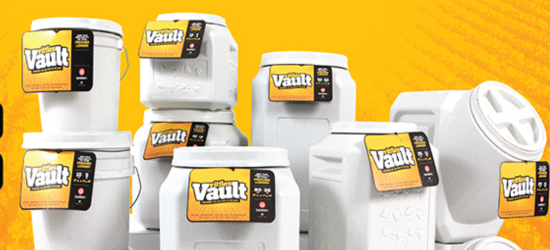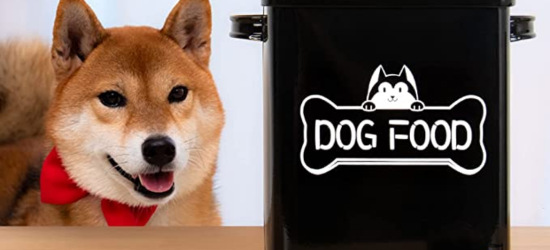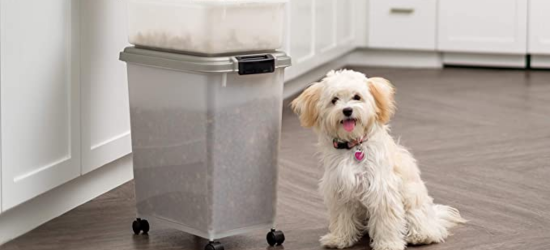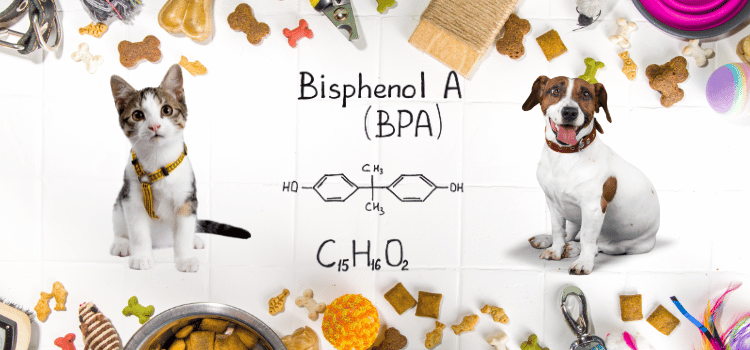
Storing pet food properly in BPA free pet food storage containers is crucial for maintaining its freshness and nutritional value.
BPA, or bisphenol A, is a chemical commonly found in plastics that can leach into food and pose health risks. BPA-free pet food storage containers have gained popularity for their safety and environmental benefits.
In this blog, we will explore the advantages of using BPA-free containers, common concerns about BPA, and how to choose the right BPA-free container for your pet.
Understanding BPA and Its Risks
BPA is an industrial chemical used in the production of certain plastics and resins. It’s often found in containers that store food and beverages, including some pet food storage containers. Here are some of the key concerns associated with BPA:
- Health Risks: Studies have linked BPA exposure to various health issues, including hormonal disruptions, reproductive problems, and increased risk of certain cancers.
- Leaching: BPA can leach into food and beverages, especially when containers are exposed to heat or used for extended periods.
- Environmental Impact: BPA is not easily biodegradable and can contribute to environmental pollution.
Advantages of BPA Free Pet Food Storage Containers

Choosing BPA-free containers for storing your pet’s food offers several significant benefits:
- Healthier for Pets: BPA-free containers eliminate the risk of BPA leaching into your pet’s food, ensuring that they are not exposed to harmful chemicals.
- Durable and Safe: BPA-free plastics are typically made from safer, more stable materials that are designed to withstand regular use without degrading.
- Environmentally Friendly: Many BPA-free containers are made from eco-friendly materials that are better for the environment and can be recycled more easily.
- Odor and Stain Resistant: BPA-free containers often resist absorbing odors and stains from pet food, maintaining a cleaner and more pleasant storage environment.
Why You Need BPA Free Pet Food Storage Containers
Switching to BPA-free pet food storage containers is a smart choice for both the health of your pet and the environment. Here’s why you should consider making the switch:
- Safety: BPA-free containers ensure your pet’s food is free from harmful chemicals.
- Quality: They are made from high-quality materials that maintain their integrity over time.
- Peace of Mind: Knowing that your pet’s food is stored in a safe, non-toxic container gives you peace of mind.
- Sustainability: BPA-free options are often more environmentally friendly, reducing your ecological footprint.
How to Choose the Right BPA Free Pet Food Storage Container
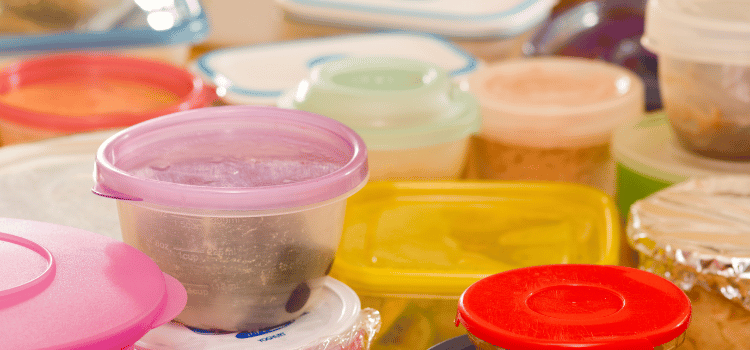
Selecting the right BPA-free container involves considering several factors to ensure it meets your needs. Here’s a step-by-step guide:
- Check for Certification: Look for containers that are certified BPA-free by reputable organizations.
- Material Quality: Choose containers made from high-quality, durable materials such as stainless steel or BPA-free plastics.
- Airtight Seals: Ensure the container has an airtight seal to keep food fresh and prevent contamination.
- Size and Capacity: Select a container size that suits the amount of food you typically store.
- Ease of Cleaning: Opt for containers that are easy to clean and maintain, preferably dishwasher safe.
Frequently Asked Questions About BPA Free Pet Food Storage Containers
Q: Are all plastic containers BPA-free? A: No, not all plastic containers are BPA-free. Always check the label or manufacturer’s information to confirm.
Q: Can BPA-free containers withstand high temperatures? A: Many BPA-free containers are designed to handle a range of temperatures, but always check the manufacturer’s guidelines for specific temperature limits.
Q: Are stainless steel containers a good alternative to BPA-free plastic containers? A: Yes, stainless steel containers are an excellent alternative. They are durable, non-toxic, and often come with airtight seals.
Q: How often should I replace my BPA-free pet food storage container? A: Replace the container if it shows signs of wear and tear, such as cracks or scratches, which can harbor bacteria.
Q: Can BPA-free containers be recycled? A: Many BPA-free containers are made from recyclable materials. Check the recycling information on the container.
Summary
BPA-free pet food storage containers offer a safer and more environmentally friendly option for storing your pet’s food.
By understanding the risks associated with BPA and choosing high-quality BPA-free plastic pet food storage container alternatives, you can ensure your pet’s food remains fresh, nutritious, and free from harmful chemicals.
Investing in BPA-free containers is a simple step towards promoting the health and well-being of your pet and contributing to a healthier environment.

